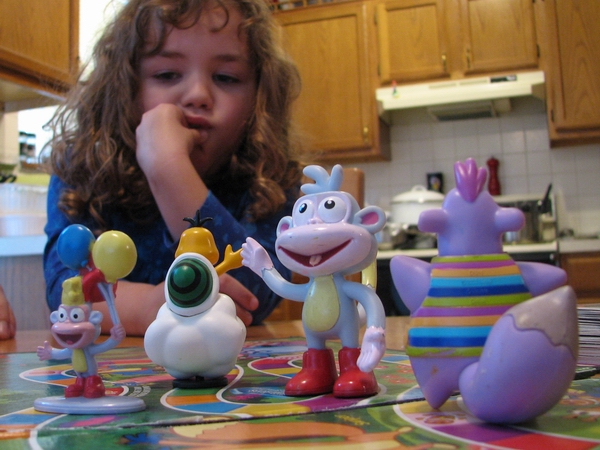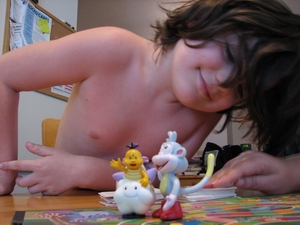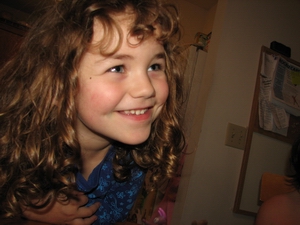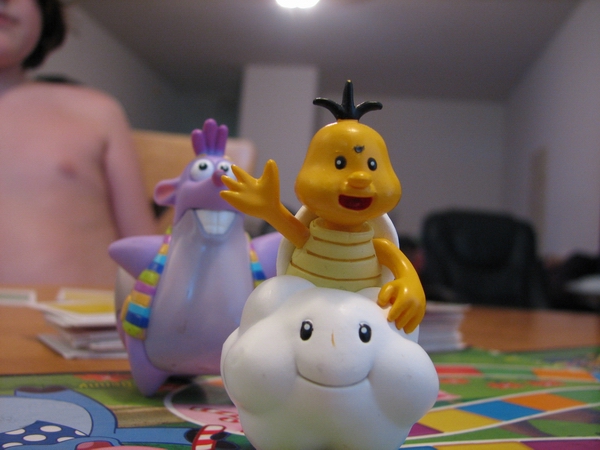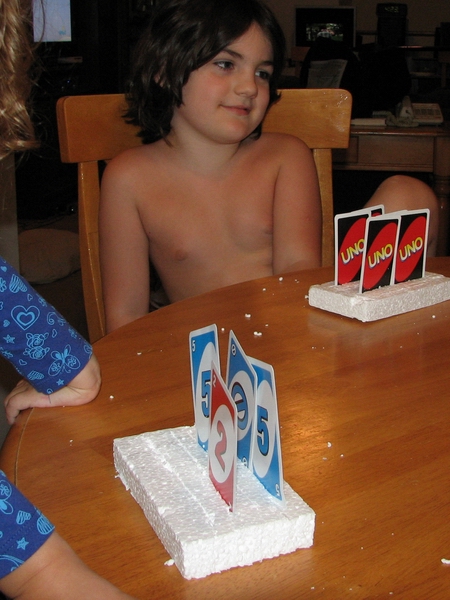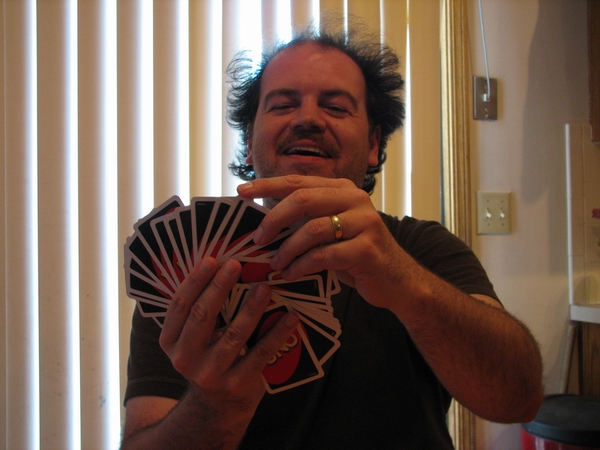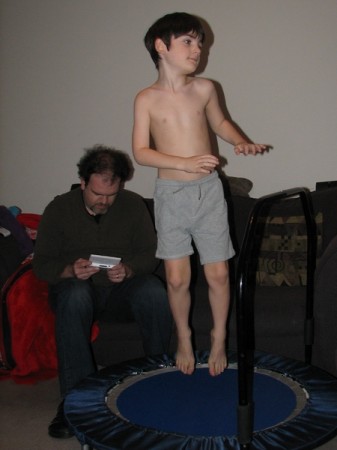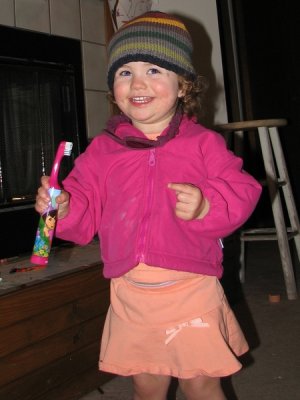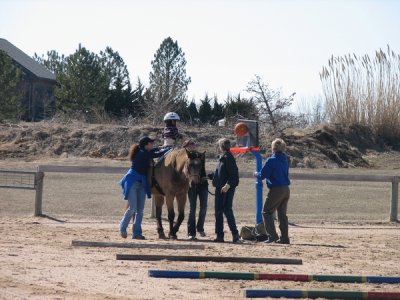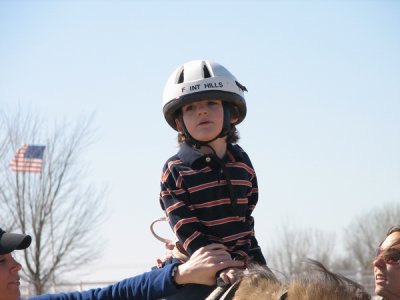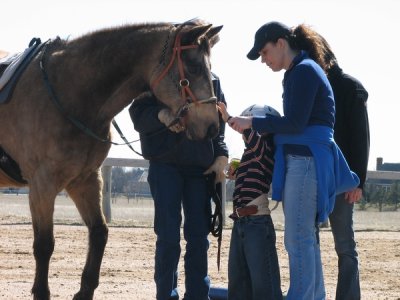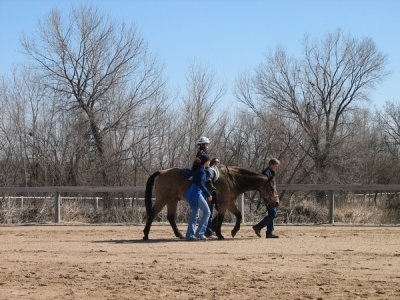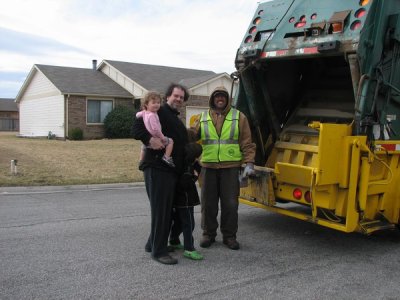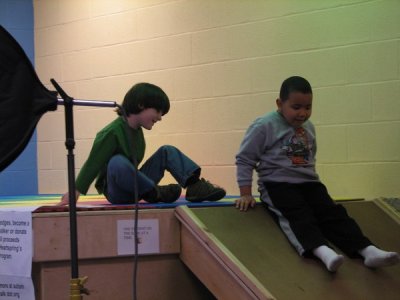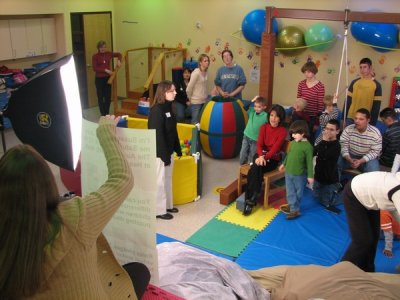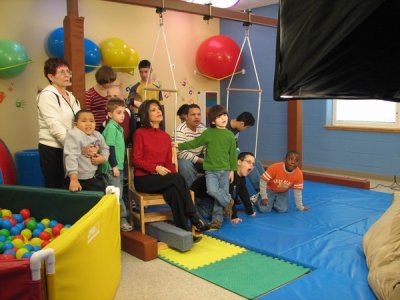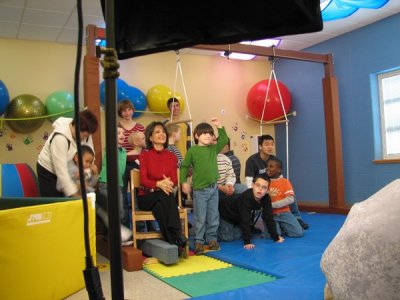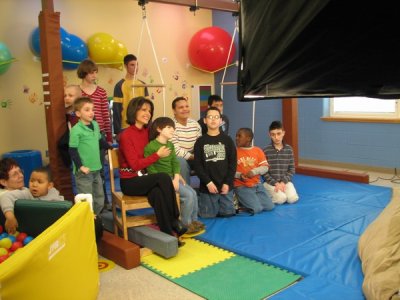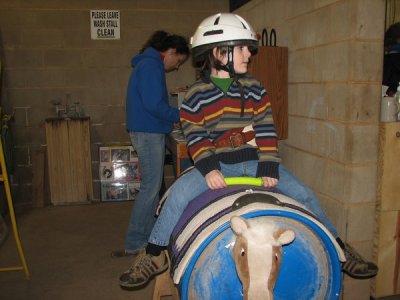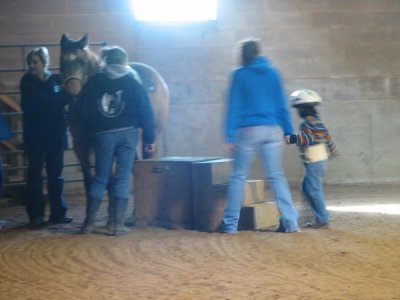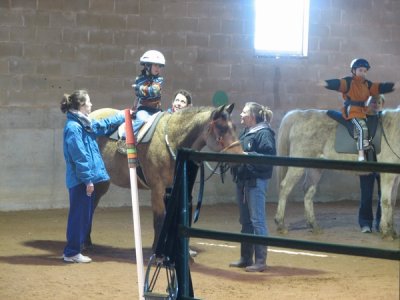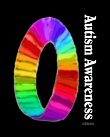Fee wrote about this a few days ago and I started blogging on her comments and decided I should just blog it on my blog instead.
Can we get a big, collective “DUH?!?” from crowd. This is what I have been trying to say to people for a long time, although they usually look at me like I am crazy and dellusional.
First, the article, then I will make some more comments.
http://www.telegraph.co.uk/news/newstopics/politics/health/2976839/Autism-is-caused-by-a-supercharged-mind-scientists-claim.html
Autism is caused by a ’supercharged’ mind, scientists claim
Children who develop autism have “supercharged” brains that are so clever and sensitive that they make everyday experiences utterly overwhelming, new research claims.
By Richard Alleyne
Last Updated: 10:32PM BST 17 Sep 2008
According to a theory developed by Swiss neuroscientists, the condition is not caused by a brain deficiency but by a system overload which causes the world to seem frightening and overly intense.
Husband and wife team Kamila and Henry Markram of the Swiss Federal Institute of Technology in Lausanne, believe the idea could explain the erratic nature of the condition.
“Our hypothesis is that autistic people perceive, feel and remember too much,” Kamila Markram told the New Scientist.
Faced with this “intense world” , autistic infants withdraw, with serious consequences for their social and linguistic development, she added.
Repetitive behaviours such as rocking and head-banging, meanwhile, can be seen as an attempt to bring order and predictability to a “blaring world”.
Most of the theories surrounding autism involve the idea of an underperforming brain but the Markrams believe the opposite is true with the brain being “supercharged”.
Their research, which included studying their own son who is borderline autistic, is backed up by one of the most replicated findings in autism which is abnormal brain growth.
At birth the brains of autistic children are small or normal sized, but grow unusually quickly.
By age two to three, when symptoms of autism occur, their brain volume is roughly 10 per cent larger than average.
The Markrams believe that autistic children suffer from “hypermemory” which lock them into certain compulsive routines and develop their savant skills.
“They build very strong memories,” said Mrs Markram. “So strong that you establish a routine that you can’t undo: you are stuck on a track.”
Their theory chimes with the depiction of an autistic savant in the film Rain Man, starring Dustin Hoffman and Tom Cruise.
It also rings true with anecdotal evidence from autistic people.
“When I was younger, the school bell was like a dentist’s drill hitting a nerve,” said Temple Grandin, an animal scientist at Colorado State University in Fort Collins well known for being autistic.
“I think it’s difficult for people to imagine a reality where sounds hurt your ears and a fluorescent light is like a discotheque.”
Although I do conceed that this is probably not true for all autistic people, it certainly holds true to what I know about Zane. Instead of “not feeling emotion” (an autistic stereotype), he seems to over-feel them. He is often the embodiement of the emotional charge of the room. I also think that a big problem with eye contact and reading people’s emotions is that he is feeling how they actually feel, and it often conflicts with the social mask people are wearing and it’s confusing.
Zane is also hyperlexic and taught himself to read around two. By Zora’s age, he had been writing the alphabet for a while too. (she isn’t even close to writing the alphabet out). He also knew how to get around anyplace we had ever been before…inside stores, driving around, and made it clear from the backseat when he was unhappy with the route we were taking or if we missed the turn, even as a young toddler.
I know he is brilliant. It actually interferes with ST and OT if the person watching isn’t really sharp. This is why I like his current STs and the OT that I loved (and hope to have the car and the money to go back to soon.) This is also why I like the Clinical Educator so much at WSU… she is able to pick up on when he is just playing with the ST student and when he is actually not getting something…a very subtle thing, and you have to be able to see that he is smart to even be looking for it. I am so glad the next generation of STs are being taught to watch for this so well. It is really neat to see the creative problem solving, but can make planning for an activity to target a specific skill a lot of work. I think that is one of the biggest problems with people trying to educate Autistic kids, in the classroom or in specialized settings like ST and OT; you have to be really smart and good at what you are doing to be able to read these kids and know when they are BSing you. It is exhausting and intense at times. In a lot of classrooms, there are so many other things going on it makes it a lot harder to do this well. This is why it is so difficult to find good SpEd programs and why that is usually the main topic of conversation when two parents meet up.
Honestly, this is a large part of why we were so delayed in getting a diagnosis. I read what “autism” is supposed to be and, although the actions were the same, I interpreted the cause of them being almost exactly opposite of what they were saying and it took a while for me to accept that it was the actions that defined the diagnosis, not the root cause.
I could go on and on with antidotal stories that support this theory, but Zora is making it hard to type (and think), and I need to get back to real life.
Oh…and on a side note…ds’ head size has always been a little large, just like his dad’s. Finding hats that fit, especially as a baby when the sizes are more dramatically different, was always a challenge.
